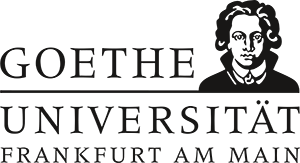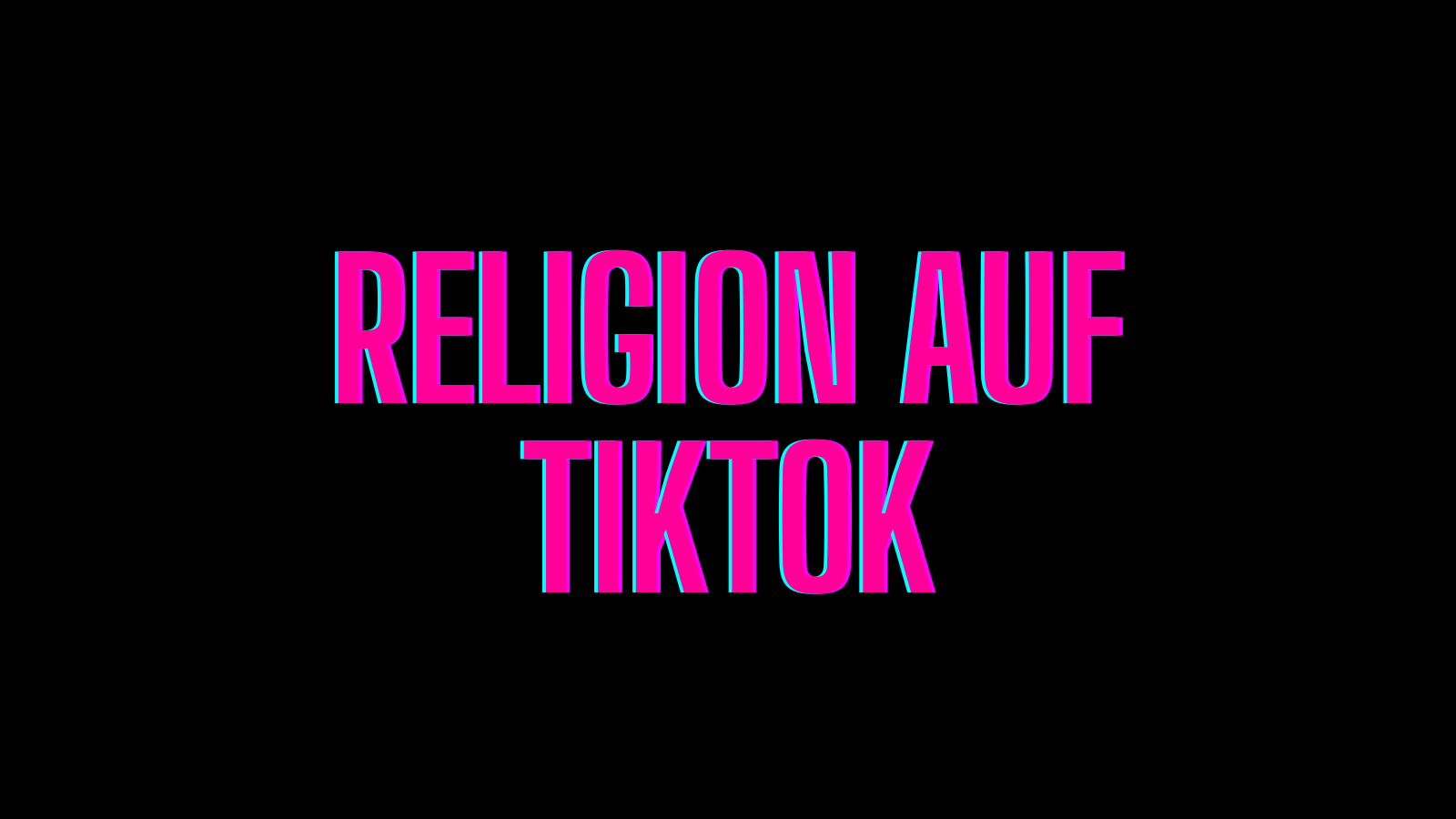Sociological Study of Religion Examines Content by Religious Influencers on TikTok
More and more young people are using TikTok. They use the video platform not only to connect with others, but also to inform themselves about social, religious, or ideological issues. But what are the topics, for example, that religious content creators are addressing on TikTok, and how are their posts being received and commented on? These and other questions are now being explored by researchers at Ruhr University Bochum in a collaborative project with the AIWG.
Religion in Digital Spaces – An Academic Perspective on TikTok
At the Center for Religious Studies (CERES) at Ruhr University Bochum, a project has been launched to analyse TikTok content by religious influencers from various faith communities. Under the direction of Prof. Dr. Anna Neumaier, the Bochum-based project partners will conduct a scientific analysis of religiously motivated and socio-political TikTok content and its reception through the end of 2025. Their study is being conducted as part of the project “Youth, Religion, and Society” (plugether) at the AIWG. Since last year, plugether has been bringing together young people with religious affiliations to explore questions about coexistence in a pluralistic society, and has been enabling them to collaboratively create TikTok videos.
After gaining an exemplary overview of relevant content creators and examples from their practice, the researchers will shed light on various questions: Which topics, styles, and strategies are being used on TikTok in socio-political and religious communication?
In addition, the reception of the content, e.g. in the form of comments and other reactions on TikTok, will be investigated in order to draw conclusions about success strategies of different topics and narrative styles.
“I am excited about the project and the collaboration with the AIWG because it gives us the opportunity to address a significant research gap. Sociopolitical content produced by religious content creators on TikTok remains largely unexplored so far. This stands in stark contrast to its relevance for processes of identity formation of their audiences, and for questions of societal self-understanding in general.” Anna Neumaier, Project Lead
Many young people today primarily use social media to inform themselves about social, religious, and ideological issues and engage in debates there. Therefore, it is particularly important to learn more about actors and content in digital spaces and to identify trends through comparison.
The results will be published in an academic journal. In addition, the team from Bochum will present the project and its findings at the celebratory closing event of plugether on November 14, 2025, in Frankfurt.
The overall project and the academic study “Religious and Socio-Political Communication on TikTok and its Reception” are funded by the Federal Commissioner for Migration, Refugees, and Integration.
Read more about the academic project here.






